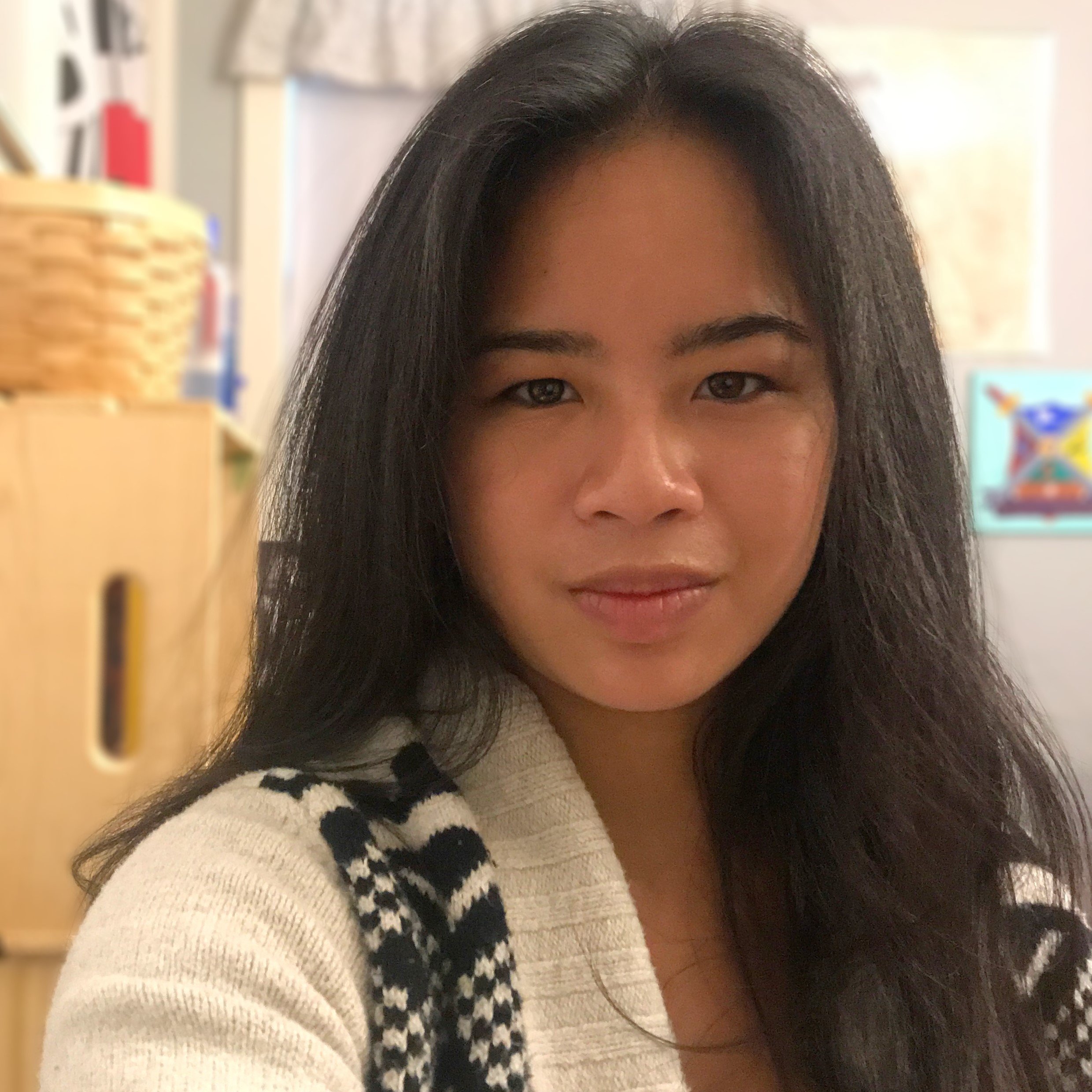How losing my voice helped me find my voice
A LOOK AT HOW A PHYSICAL CHALLENGE CHANGED ME
By Claire Torregiano
(Ricardo Gomez Angel / Unsplash)
Late in the winter of my senior year of high school, I lost my voice for nine months due to a minimally invasive procedure involving my lungs and heart. The breathing tube that kept me alive during the procedure paralyzed one of my vocal cords, and for the next nine months I sounded like Elmo speaking through a glass window. I had begun my high school career working with my therapist to manage an anxiety disorder that had me nauseous and vomiting weekly due to stress and a lack of friends. Losing my voice nearly stunted that progress, but as I continued through my senior year, I found that the loss of my voice gave me the opportunity to advocate for myself in places I never thought I’d be.
While I had made significant progress in navigating my daily life through the ever-present anxiety, the loss of my voice became an obstacle and an asset all at once. My anxious vomiting that once felt like a volcano just on the urge of erupting in my stomach had become nearly dormant, but after two months of not being able to sing, of having to physically catch my breath when I talked and being told to speak up, the volcano was back, and bigger than ever.
I was angry. I had been in the middle of college interviews, spring musical auditions, a chorus competition, I was president of the drama club, and I was in the middle of my senior year of high school. It could not have been a more horrible time to be missing school for medical appointments, surgeries, and vocal therapy. My participation in classes decreased, which did not help my grades, and as a good student, I began to become anxious about how that would impact my college application process, and in turn, my future. Everything felt like it was spiraling out of my control, and the vomiting was back.
I was talking to the musical director about my frustrations and anxiety regarding my academic progress, because if my grades weren’t passing, I wouldn’t be able to do the musical. His response surprised me. He made me the assistant director. I had never done that before, and it was a position of leadership that drove me to recognize that I had to learn to adapt socially, academically, and medically. I had to learn how to assert myself in situations where I was expected to advocate for myself.
While it was difficult at first, I started with setting boundaries and expectations with my teachers. I made it clear that I wouldn’t be able to do presentations without a microphone and my difficulty breathing might make me pause for longer periods of time. I was given a microphone and a whiteboard to participate in classes, and as a result, my grades returned to normal.
The first procedure I had on my vocal cords that was supposed to fix them did not work because my surgeon insisted I could do it with only a local anesthetic. I could not do it with a local anesthetic. I was awake and had to hold my own tongue out while my surgeon stuck a needle down my throat, and I barely lasted three minutes. The next attempt had me insisting that I would not consent to the procedure without general anesthesia, which my surgeon agreed to, and the last surgery that gave me my voice was a 4-hour ordeal that required me to be conscious that entire time. I had to let them know if anything hurt, if I had to take a break, or if I was thirsty. I couldn’t really drink anything because my throat was open on the table, but they gave me a soaked sponge to suck on.
Losing my voice in one of the most formative years gave me the opportunity to explore elements of my identity that I would not have realized. I was given a leadership role in the arts which I excelled at, my writing was enriched as I learned to communicate more through the written word. The strength and perseverance that I discovered had helped me realize that, like the loss of my voice, my anxiety was not something I could just get rid of. It was an obstacle that I can adapt to.
This piece was written and shared during the IDONTMIND Writing Workshop. Learn more about our free, nine-week course and be the first to know about the next workshop here. Visit Mental Health Connecticut’s YouTube channel for a video version of Claire’s story.
Claire Torregiano is a lover of the arts and a writer at heart. She lives in New York and intends to continue her writing career as she further develops her voice.


